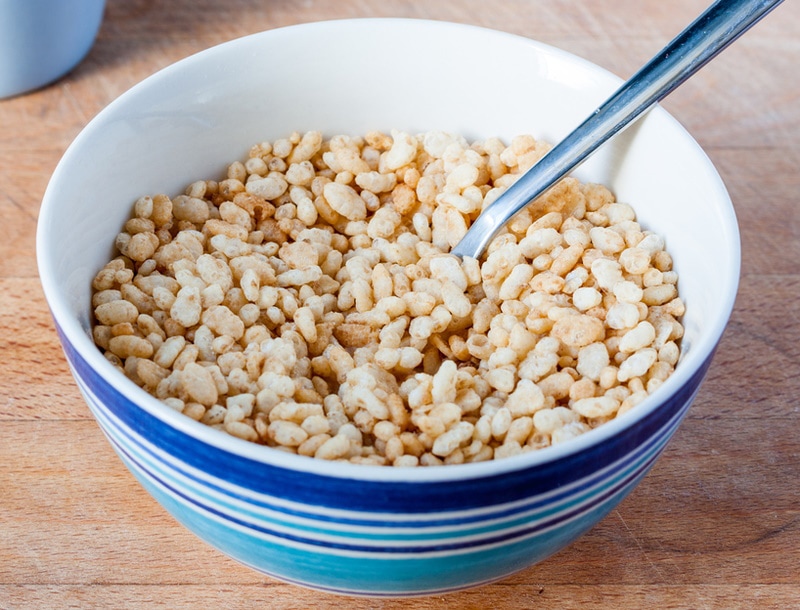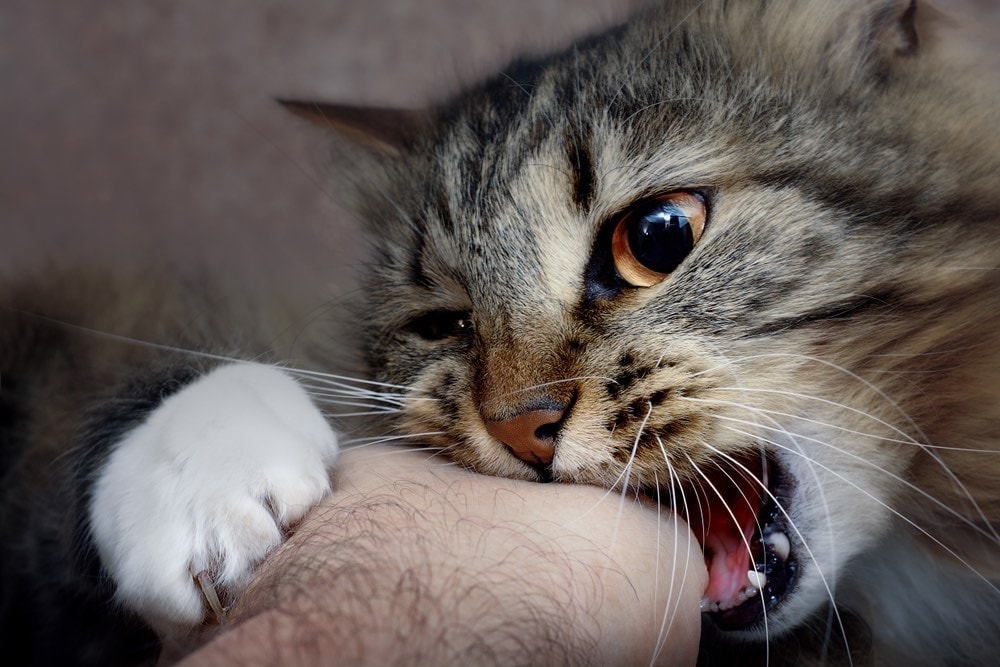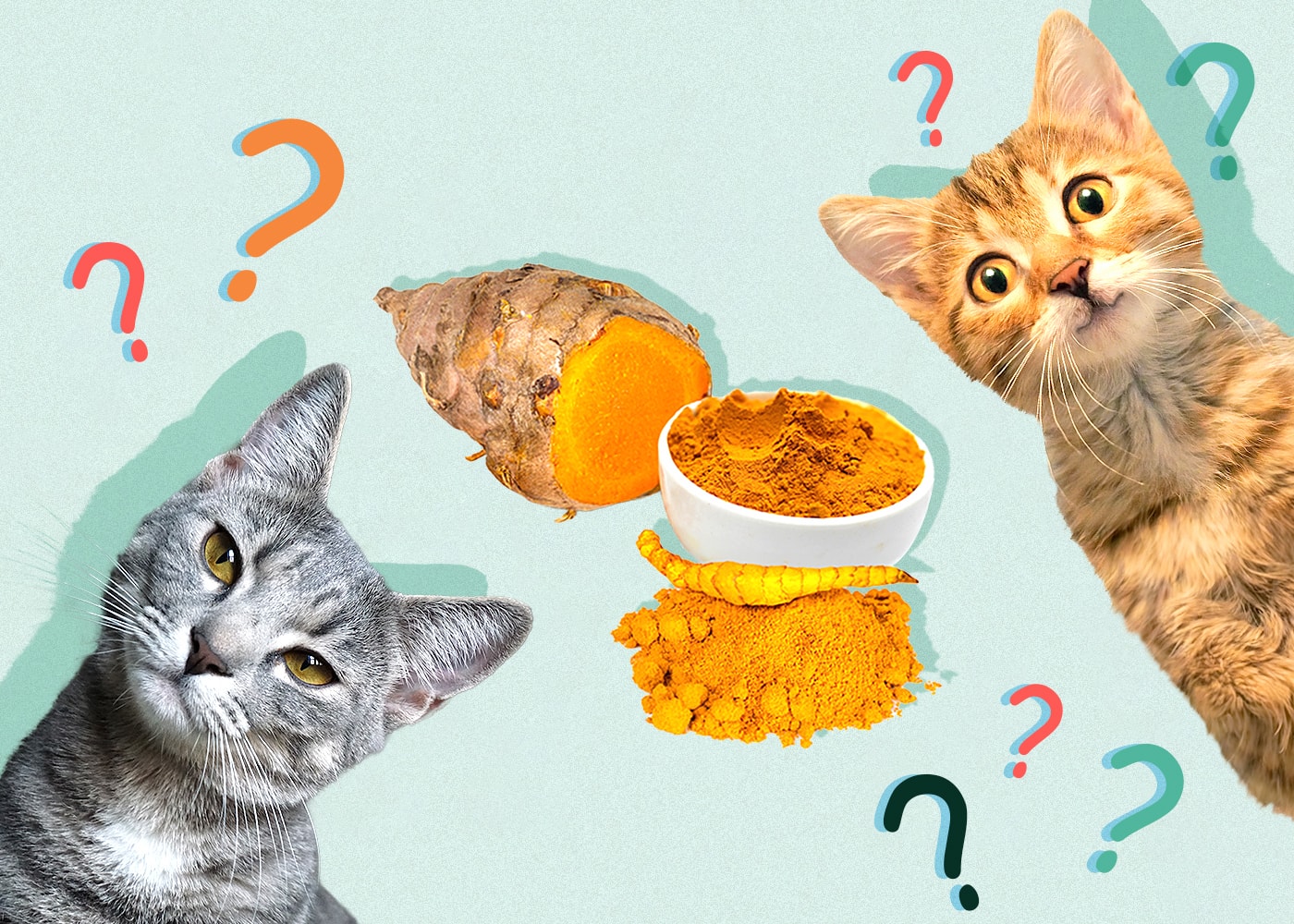Are Hyacinths Poisonous to Cats? Vet-Approved Facts
Updated on
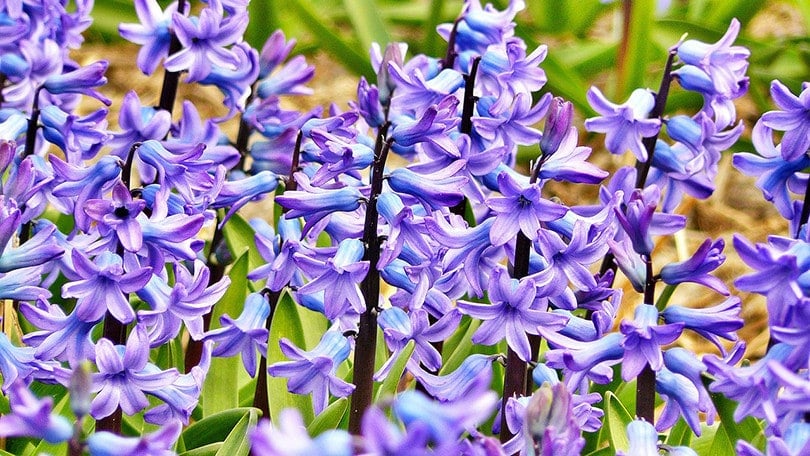
We humans enjoy decorating our yards and home with beautiful flowers throughout the year. Flowers bring everything to life and add splashes of color that can turn any drab room into a comfortable space to hang out. However, some types of flowers are poisonous to cats and could pose a serious threat to them both inside and out. One such type of flower is the hyacinth (Hyacinthus orientalis). This bulbed plant grows naturally in North America and produces clusters of vibrantly colored flower petals that are hard to resist. Hyacinths come in various colors such as purple, pink, blue, yellow, and red.
Unfortunately, the beauty of the hyacinth flower does not equate to safety for your cat. Hyacinths are toxic to cats, especially the bulbs. Signs of poisoning can range from drooling and nausea to even death if large amounts are consumed. Here is what you need to know about the dangers of hyacinths to your cat and how to keep your cat safe from this flower as time goes on.
How Hyacinths Are Dangerous to Cats
All parts of the plant (leaves, stems, and flowers) are dangerous, but the bulbs of hyacinths contain higher levels of Narcissus-like alkaloid toxins that can irritate the cat’s mouth and digestive system and produce systemic poisoning. When ingested, the toxins can quickly create mouth irritation, causing drooling, which precedes more serious symptoms of poisoning, such as:
- Nausea
- Diarrhea
- Vomiting
- Increased heart and respiratory rate
- Difficulty breathing
- Lethargy
- Tremors
If your cat gets near a hyacinth and starts to show any signs of poisoning, no matter how slight, it is important to contact your veterinarian immediately and make an emergency visit to the vet as soon as possible.
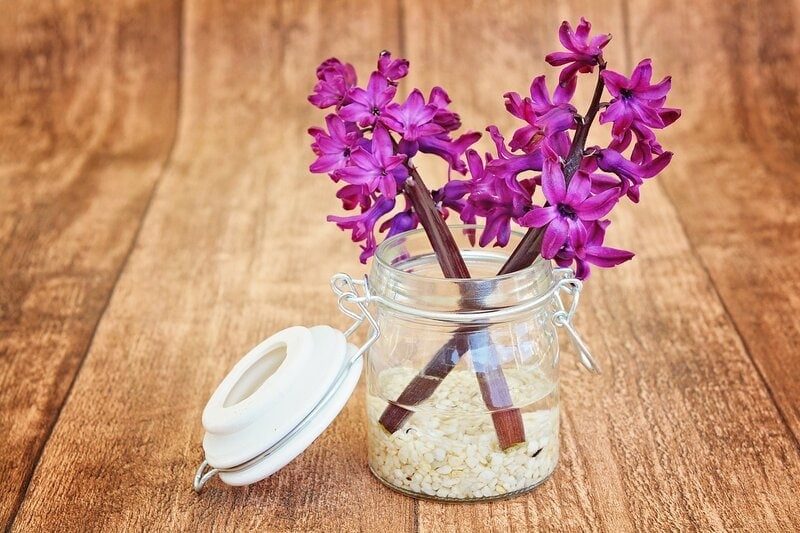
How to Keep Your Cat Safe From Hyacinth Poisoning
The best way to protect your cat from hyacinth poisoning is to eliminate the plant from your home and property altogether. You may consider hanging your hyacinths from the ceiling in planters where your cat cannot reach them, though this might not be 100% effective, and it is not worth taking the risk.
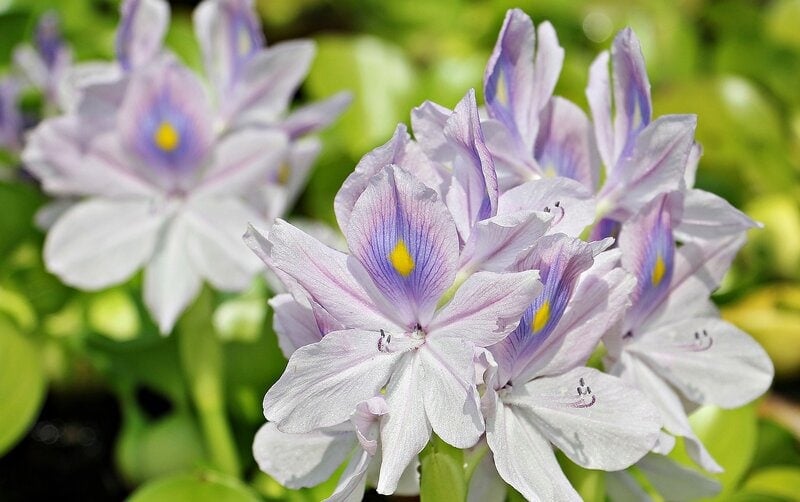
Alternative Flowers That Are Safe for Your Cat
If you want to brighten up your home or garden with flowers, there are many to choose from that will not pose a threat to your cat at all. Mix and match the options available to create depth and drama in a room of your home or use just one type of flower to create a seamless modern look in your yard. The options are limitless! Here are just a few cat-safe flowers to consider growing in or around your home:
- Sunflowers
- Freesias
- Orchids
- Snapdragons
- Asters
Final Thoughts
There is no reason to compromise your yearning to grow flowers for the safety of your cat. There are many cat-safe flower options out there. It is worth noting that hyacinths are poisonous to dogs too, so the same information offered here applies to them.
Related Read:
- Are Begonias Poisonous to Cats? Keeping Your Cat Safe
- Are Calla Lilies Poisonous to Cats? How to Keep Your Cat Safe (Vet Answer)
Featured Image Credit: epicantus, Pixabay


